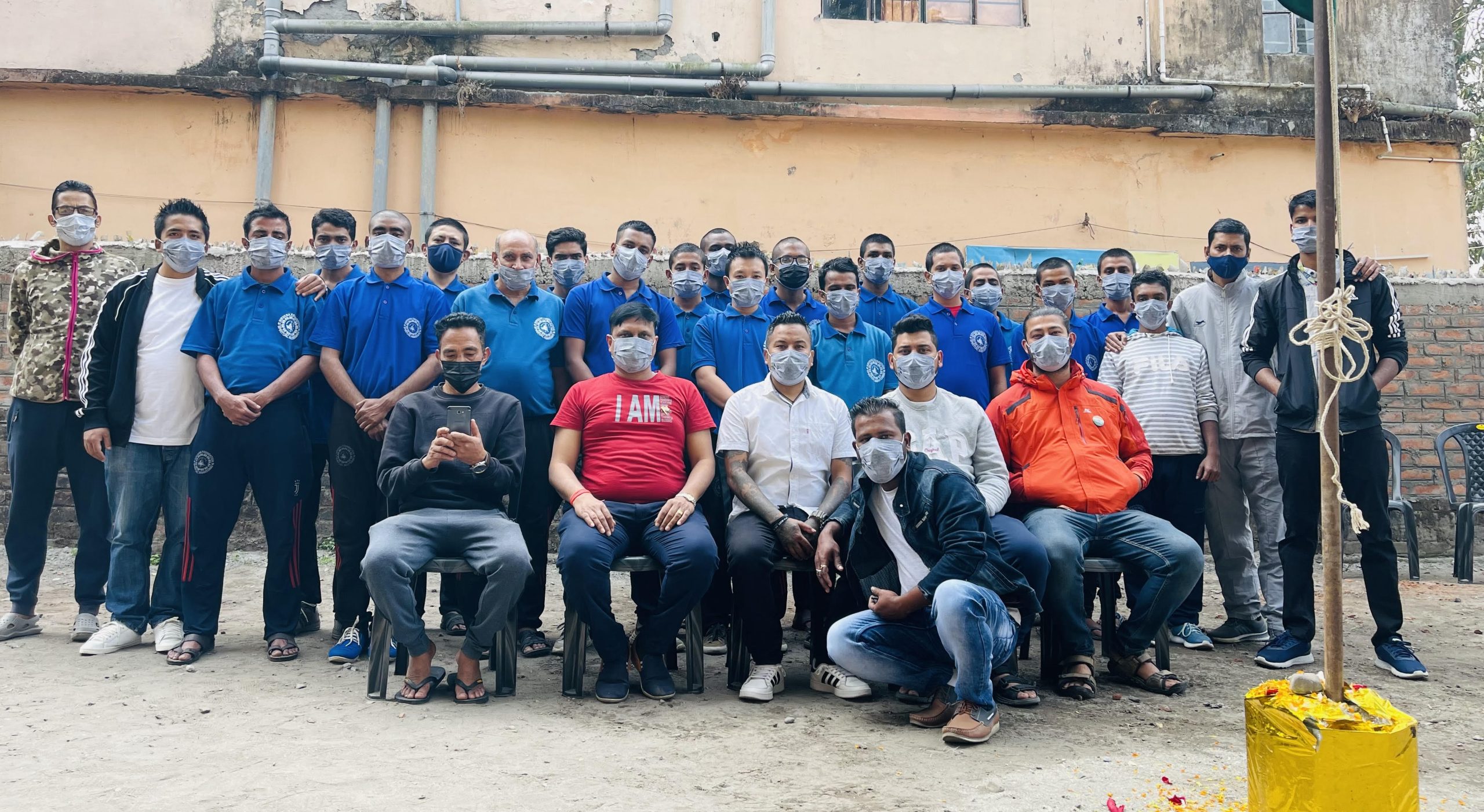
THE THERAPEUTIC COMMUNITY PERSPECTIVE
PHASE 1
VIEW OF DISORDER
Drug misuse is a disorder of the whole person involving some or all the areas of functioning
- Cognitive, behavioral, emotional, medical, social, and spiritual problems.
- Physical dependency must be seen in the context of the individual psychological status and lifestyle.
- The problem is the person, not the drug
PHASE 2
VIEW OF PERSON
Rather than drug use patterns, individuals are distinguished along dimensions of psychological dysfunction and social deficits. Some shared characteristics.
- Poor tolerance for frustration/discomfort/delay of gratification.
- Low self-esteem
- Problems with authority
- Problems with responsibility
- Poor impulse control
- Unrealistic
- Coping with feelings
- Dishonesty/Manipulation/self-decetion.
- Guilt (self, others, community)
- Deficits (reading, writing, attention, communication)
PHASE 3
VIEW OF RECOVERY
The goal of treatment is global changes is lifestyle and identity. Some assumptions about recovery
- Recovery is a developmental learning
- Self-help and mutual self-help
- Motivation
- Social Learning
- Treatment is an episode in the recovery process
PHASE 4
VIEW OF RIGHT LIVING
Certain precepts, beliefs, and values are essential to self-help recovery, social learning, personal growth, and healthy loving. Some example
- Truth/Honesty
- Hears and now
- Personal responsibility(“brother’s/sister’s keeper”)
- Moral code concerning right and wrong behavior
- Work ethic
- The inner person is “good”, but behavior can be “bad”
- Change is the only certainty
- Learning to learn
- Economic self-reliance
- Community involvement
- Good citizenry


